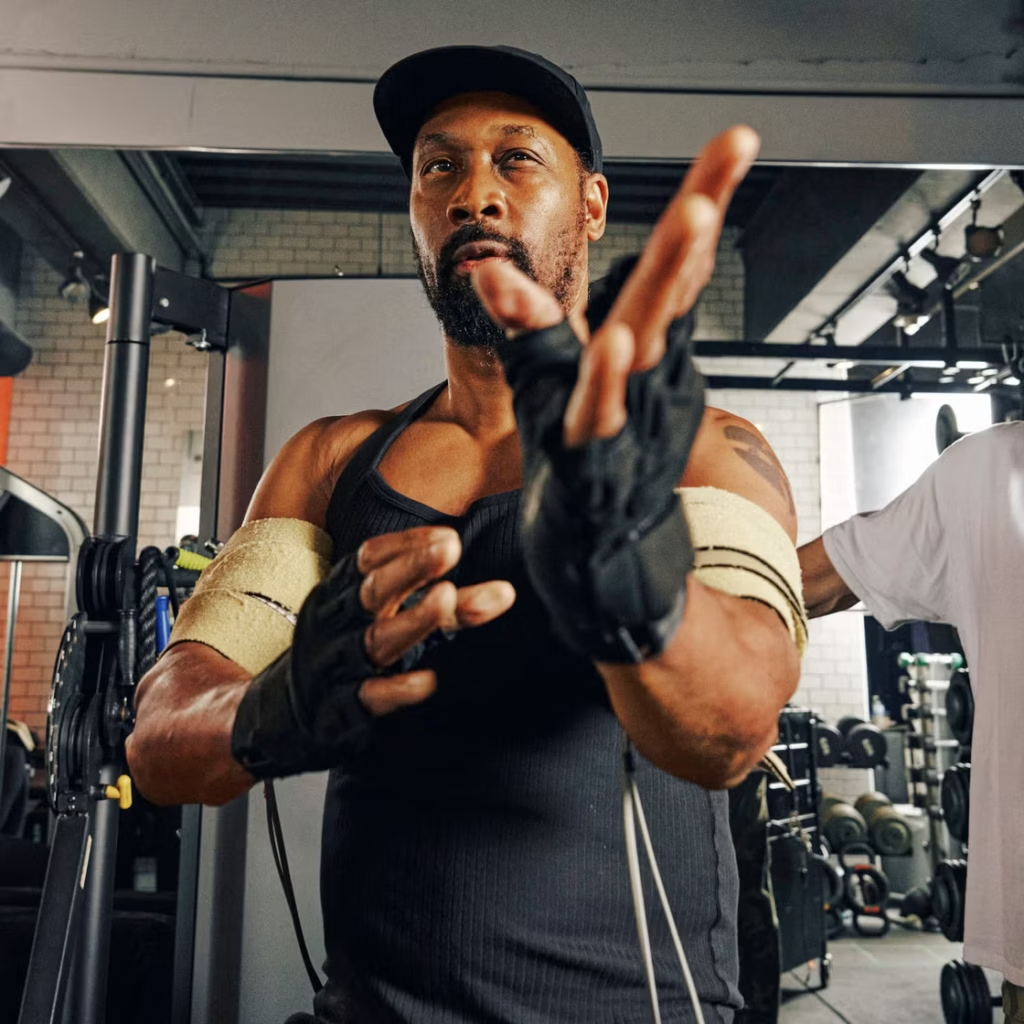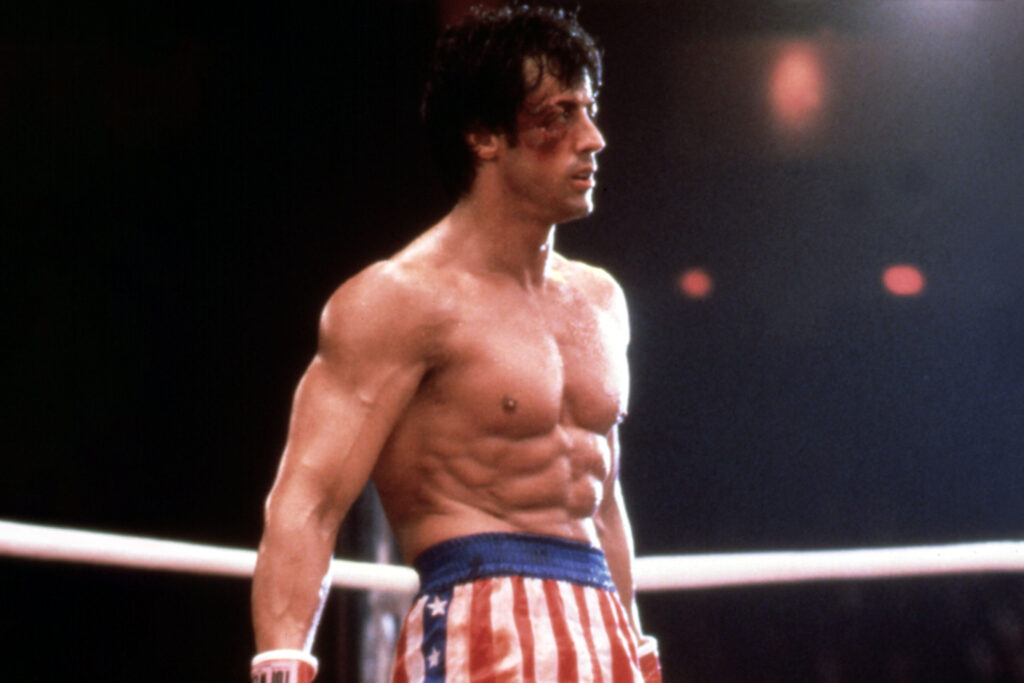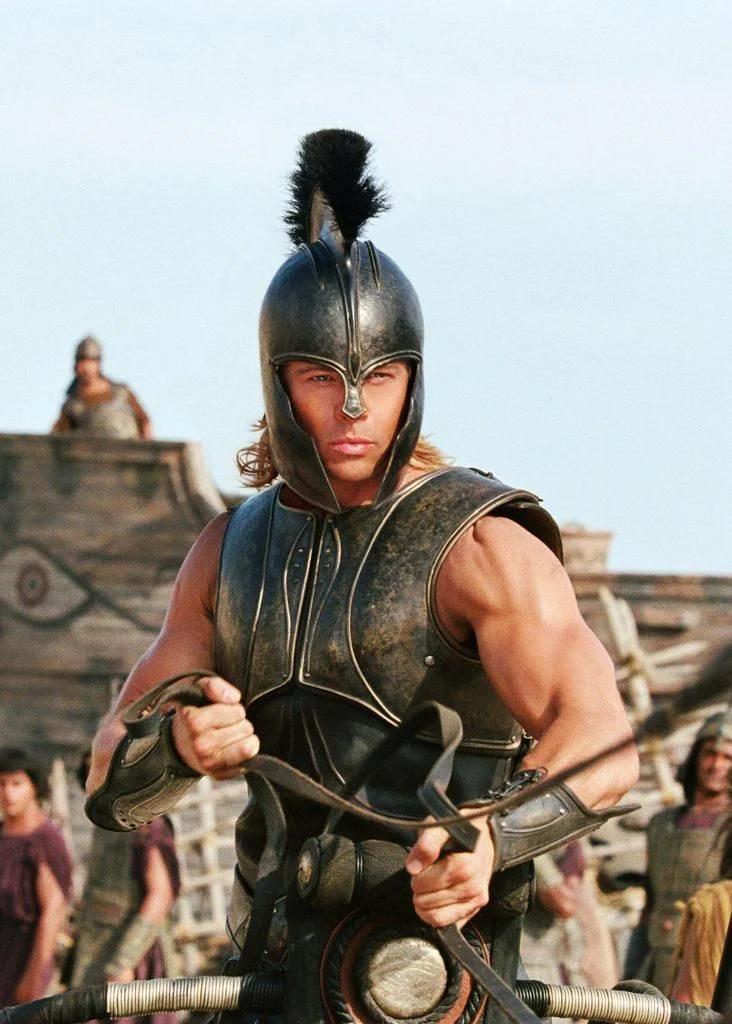AS WE AGE, it may seem like the fitness routine we enjoyed in our twenties is now more of a challenge, especially the day after. However, while bouncing back from an all nighter and hitting the gym may well be a thing of the past, a new study suggests that the muscle damage caused by training we experience later in life may not be more severe than those who are in their twenties.
The study
In the recent study published in the International Journal of Sports Medicine, researchers compared groups of elite resistance trained athletes. The study included a total of 16 participants: 8 younger male athletes (around 22 years old) and 8 older, referred to as ‘master’ male athletes (around 52 years old). The researchers matched them for squat strength to isolate the effect of age during the intervention.
The methods
Both age groups completed an intense workout of ten sets of half squats at a load of 70% of their one-rep max. The researchers tracked changes in biomarkers of muscle damage, inflammation, and recovery before, immediately post workout, and over a 72 hours after training.
The results
The results of the study indicate that muscle damage was similar in both groups after 24 hours. Both age groups showed immediate increases in the hormone interleukin-6 (a cytokine involved in many physiological processes) and growth hormone post workout. Only the younger athletes had an increase in monocyte chemoattractant protein-1 (a protein used in the process of inflammation) right after exercise, which then normalised within 24 hours.
The conclusion
Overall the researchers concluded that ‘young and master resistance-trained athletes with the same performance level exhibited a similar degree of muscle damage’. There was no significant differences between groups found in other markers. This similar inflammatory response between groups suggests that experienced older trainees may develop adaptations that help them recover from intense workouts similarly to younger trainees.

What does this mean for us?
While this study was conducted on older elite athletes (which we sadly aren’t) and had a relatively small sample size, there is reason to find the results promising, especially if we have a number of years experience in lifting under our belt and have stayed consistent. While there is the notion that as we age we may find it more difficult to recover, this may also be due to a reduction in overall training volume throughout the years, rather than a reduction in the ability to recover. Therefore, while we can take the evidence with a pinch of salt, we can also use it to encourage us to carry on our training, regardless of our age.
This article originally appeared on Men’s Health UK.
Related:
Can One Workout a Week Really Make You Stronger?
Do you really need to boost your testosterone levels?















